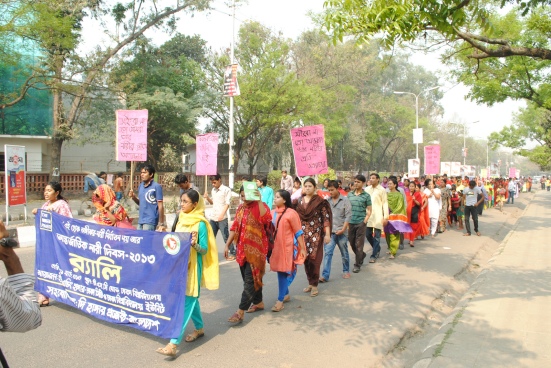Any external analysis of the relationship between citizens and their government is constrained by access to information about rules and policies of the participatory process and nuances in power and decision-making. Our community scorecard attempts to reveal the effects of these factors and other less tangible challenges by reflecting the perceptions of locals, whether or not they believe they can participate effectively in political decisions. The community scorecard also aims to expose what barriers locals experience or observe in their environment.
At the core of participation in governance is the citizen. A citizen must have the right to participate in governance, but he/she must also be capable of claiming that right. As we discussed in an earlier post, meaningful government participation requires certain skills which are traditionally lacking in marginalized and disadvantaged groups, such as the ability to work well in teams or to articulate one’s view. Participation also comes with certain costs (i.e. time or resources) that tend to affect some groups more than others, particularly among poor or traditionally marginalized communities. Additionally, participation can be detrimental to marginalized groups when social or political elites dominate the political process.
Strong institutions can act as equalizers in the political process, but citizens must also be proactive in pursuing opportunities for participation where they exist. The sub-components of Citizenry therefore attempt to capture the factors essential for effective governance.
AWARE
- Citizens should be knowledgeable about their rights and informed of government decisions, requiring civic education, transparency in government activities and decisions, and regular reporting and investigation by media and citizen groups.
INCLUSIVE
- It is critical that marginalized groups (i.e. women and minorities) are guaranteed a voice in the decision-making process through transparent institutions and decision-making rules. Rules must both protect against the manipulation of weaker groups and discourage powerful groups from being easily attracted to the option of “exiting” the shared decision-making process.
ORGANIZED
- By collaborating with the local government, citizens must be able to both organize and negotiate collectively in addition to act as “countervailing forces” that reduce unfair gaps in power between marginalized communities and dominant groups.
PARTICIPATORY
- Citizens, civil society groups, and local private sector must utilize their ability to seize political engagement opportunities and to lobby local government structures for action and reform through sustained social mobilization.
A poor score in any of these sub-components of the Index would reflect a gap in at least one of the features of active citizenry essential for effective government participation. Together, scores across the aforementioned sub-components reveal the breadth of missing or underdeveloped political features.

